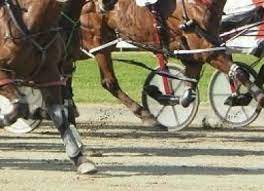As reported by Stuff, hard-won convictions against an Auckland man for animal cruelty against 11 horses will be overturned after a judge found the SPCA acted unlawfully by using a hidden camera.
Dairy Flat resident Colin Evans, who has over 40 years’ experience in the harness racing industry, was convicted last year for failing to adequately care for 11 horses.
Some, or all, of the 30 convictions the SPCA secured against Evans will be set aside as the result of his recent successful appeal.
The convictions were entered last year after Evans was found to have failed to provide his horses with food, exercise, dental and farrier care between April 2017 and July 2018.
Evans was sentenced to 160 hours community work, was banned from owning horses for seven years, and ordered to pay the SPCA $16,909.12 in court costs.
Following the judge alone trial the SPCA’s acting chief executive Robyn Kiddle described the investigation of Evans as “one of the most large-scale and complex investigations” the organisation has undertaken.
Inspectors witnessed horses eating their own faeces and sawdust while inside a stable. They were also seen licking metal partitions and chewing objects such as tyres.
The prosecution relied on evidence obtained through CCTV cameras hidden in the stables that housed the horses. The cameras were secretly installed after the SPCA obtained a surveillance device warrant issued under s49 of the Search and Surveillance Act 2002 (the SSA).
The cameras were installed when SPCA animal welfare officers inspected the stables on June 14, 2018. They provided a full view of the interior of the stables continuously for 24 hours each day over a 23-day period.
Before his trial Evans objected to the admissibility of the CCTV footage, arguing that the SPCA had obtained it in breach of his right under s 21 of the Bill of Rights Act 1990 to be free from unreasonable search and seizure.
The SPCA accepted it had obtained the evidence unlawfully but said it shouldn’t be excluded because under the Evidence Act 2006 the Court should only exclude improperly obtained evidence if it was proportionate to the offending.
To read the full story, click here.
by Marty Sharpe, reprinted with permission from Stuff

 USA
USA Canada
Canada Australia
Australia New Zealand
New Zealand Europe
Europe UK / IRE
UK / IRE



